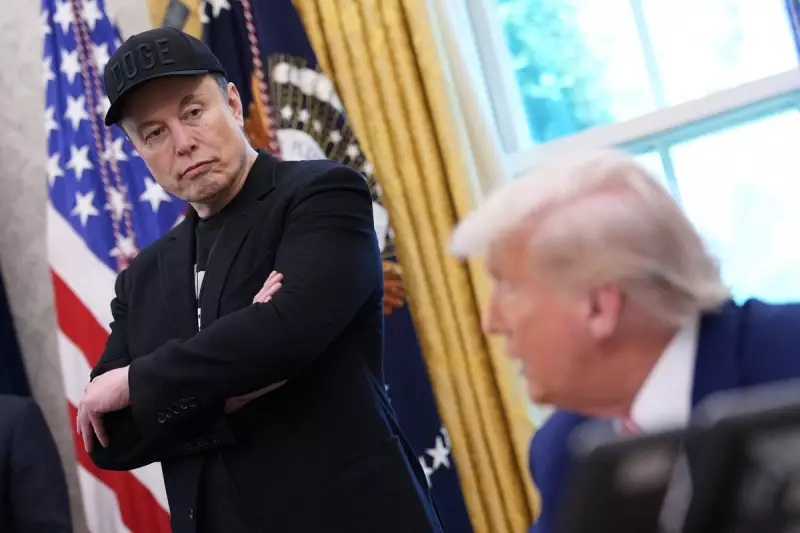
Elon Musk has once again ignited a social media storm, this time with a single, cryptic emoji. The tech billionaire responded to a post speculating about a potential pardon for Ghislaine Maxwell, the convicted associate of Jeffrey Epstein, with a simple thinking-face emoji (🤔).
The tweet, which has since gone viral, has left users divided. Some interpret Musk's response as tacit approval of the rumour, while others believe it was merely a non-committal reaction to the speculation.
Context of the Controversy
Ghislaine Maxwell is currently serving a 20-year prison sentence for her role in facilitating Jeffrey Epstein's sex trafficking ring. The rumour in question suggested that former US President Donald Trump might pardon Maxwell if re-elected—a claim that remains unsubstantiated.
Musk's tweet has drawn criticism from victims' advocates and legal experts, who argue that even an ambiguous response from such a high-profile figure could influence public perception of the case.
Social Media Reactions
The tweet quickly became a trending topic, with thousands of users weighing in:
- Supporters argue Musk was simply acknowledging the rumour without endorsing it.
- Critics accuse him of dog-whistling to fringe conspiracy theorists.
- Legal analysts question the ethics of speculating about pardons for convicted criminals.
This isn't the first time Musk's Twitter activity has courted controversy. The platform's owner has previously faced backlash for engaging with far-right accounts and amplifying divisive narratives.
Broader Implications
The incident highlights the outsized influence tech billionaires wield in shaping public discourse—often with just a few keystrokes. It also raises questions about social media platforms' role in amplifying unverified claims about sensitive legal matters.
As the 2024 US election approaches, observers warn that such ambiguous messaging from influential figures could further polarise political debates.





